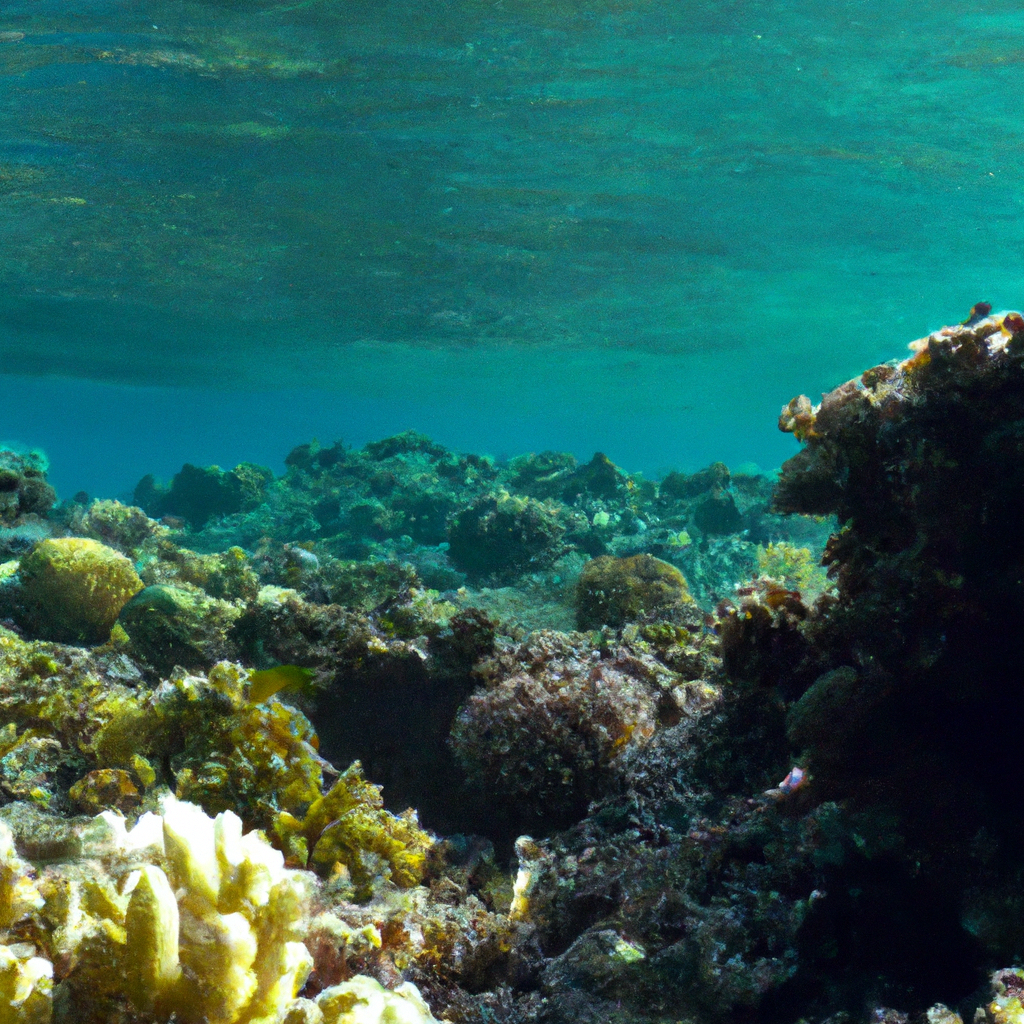Climate change is one of the most significant threats to coral reefs, which are often referred to as the “rainforests of the sea.” Coral reefs are diverse ecosystems that support a wide range of marine biodiversity and provide various economic and social benefits to millions of people around the world. The impact of climate change on coral reefs has been severe, with rising ocean temperatures and ocean acidification leading to widespread coral bleaching and mortality. In this article, we will explore in-depth the impact of climate change on coral reefs, the causes of coral bleaching, the importance of coral reefs, and the measures that can be taken to conserve them.
The impact of climate change on coral reefs
The primary cause of climate change is the increase in greenhouse gases, mainly carbon dioxide, in the atmosphere. These gases trap heat and cause the earth’s temperature to rise, leading to global warming. The ocean absorbs about 90% of the heat produced by global warming, causing the ocean temperature to rise. As a result, coral reefs are facing a range of threats, including ocean acidification, coral bleaching, and reduced coral growth.
Ocean acidification
Ocean acidification is the process by which seawater becomes more acidic due to increased carbon dioxide levels in the atmosphere. The increased acidity of seawater affects the ability of corals to form their skeletons, which are made of calcium carbonate. As a result, the corals become weaker and more susceptible to damage from storms and other disturbances.
Coral bleaching
Coral bleaching is the process by which corals lose their symbiotic algae, known as zooxanthellae, which provide them with food and give them their vibrant colors. The loss of these algae turns the corals white, hence the term “bleaching.” Coral bleaching is caused by a combination of factors, including increased ocean temperatures, ocean acidification, and pollution. When the ocean temperature rises above a certain threshold, the zooxanthellae become stressed and leave the corals, leading to bleaching.
Importance of coral reefs
Coral reefs are essential ecosystems that support a wide range of marine biodiversity, including fish, sharks, sea turtles, and other marine animals. They also provide various economic and social benefits, including tourism, fisheries, and shoreline protection. Millions of people around the world depend on coral reefs for their livelihoods and food security.
Conservation and sustainable development
To conserve coral reefs, it is essential to address the root causes of climate change, reduce greenhouse gas emissions, and promote sustainable development practices. The following measures can be taken to conserve coral reefs:
1. Reduce greenhouse gas emissions: Governments, businesses, and individuals can reduce their carbon footprint by promoting energy efficiency, using renewable energy sources, and reducing the use of fossil fuels.
2. Protect coral reefs from pollution: Pollution from land-based sources, including agricultural runoff, sewage, and oil spills, can harm coral reefs. Governments and individuals can take steps to reduce pollution and protect coral reefs from these threats.
3. Promote sustainable tourism: Tourism can provide economic benefits to local communities, but it can also harm coral reefs if not managed sustainably. Governments and tourism operators can promote sustainable tourism practices that minimize the impact on coral reefs.
4. Promote sustainable fishing practices: Overfishing can harm coral reefs by reducing the number of fish that clean the reefs and promote their growth. Governments and fishing communities can promote sustainable fishing practices that protect coral reefs and promote their recovery.
Conclusion
In conclusion, climate change is a significant threat to coral reefs, and urgent action is needed to conserve these essential ecosystems. Coral reefs provide critical ecological, economic, and social benefits, and their loss would have severe consequences for millions of people around the world. By reducing greenhouse gas emissions, protecting coral reefs from pollution, promoting sustainable tourism, and promoting sustainable fishing practices, we can help conserve these essential ecosystems for future generations.







